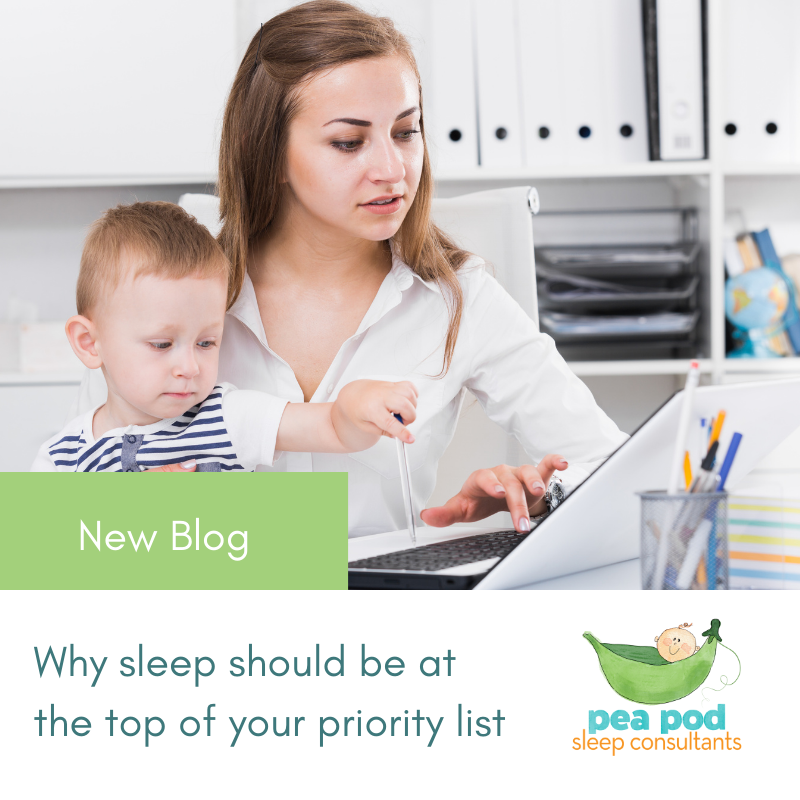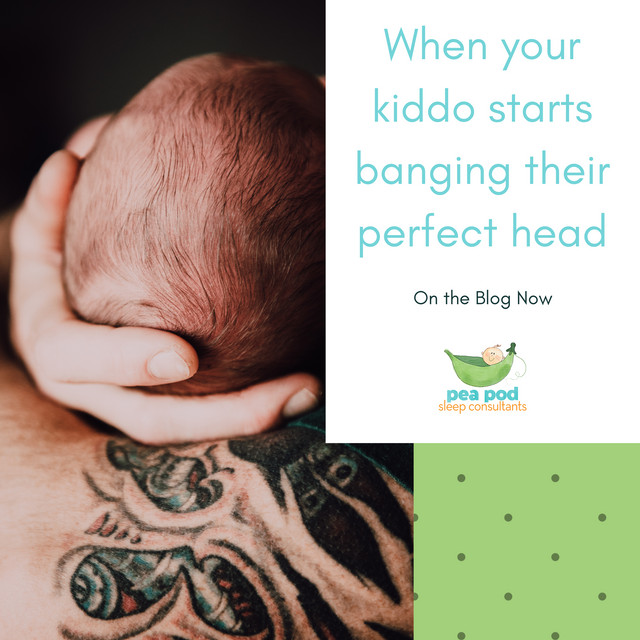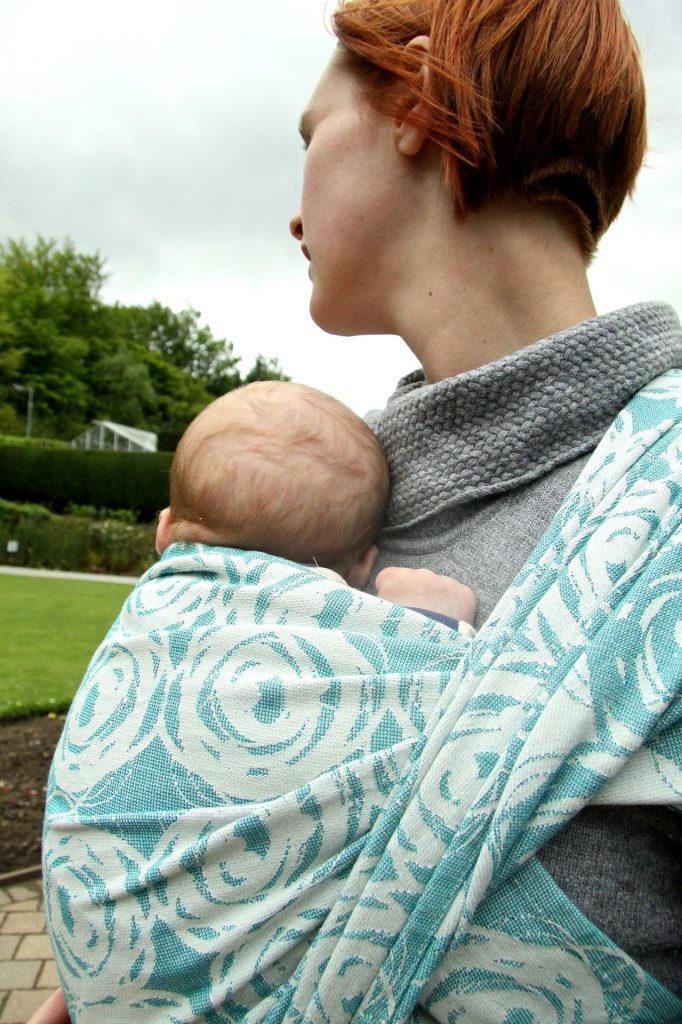As a busy parent, good sleep may seem like a luxury- the kind that’s out of reach. As we kick off the new year, this is the perfect time to shift that mindset. Here’s the thing: Sleep is not a luxury! It’s a necessity if you hope to stay healthy. If you’re making resolutions for this new year, think about moving sleep higher up on your priority list. We’d argue you should put sleep first. After all, if you’re not getting enough sleep, it impacts your kids, your partner and your day-to-day family life.
So, why should you prioritize sleep on your list of needs?
Sleep helps you maintain your physical health
- Sleep is vital to a healthy immune system. Sleep helps prevent infections and fight them off when you do get one. Getting enough sleep also reduces your risk for chronic illnesses like diabetes and heart disease.
Sleep helps you manage stress and improves mental health
- We’ve all been there. Two hours of sleep, an early (pint-sized, screaming) alarm, then a bowl of cereal spills at breakfast. If you’re not getting enough sleep, small stressors can turn into big ones. Healthy sleep helps you stay calm and flexible when things don’t go exactly according to plan.
Sleep helps you focus and learn
- Whether you’re studying, working, volunteering or parenting, sleep enables helps your brain take in new information, process it and retain it. When you haven’t slept enough, I don’t think we need to tell you, you’re more likely to forget things and make mistakes.
Sleep helps you maintain a healthy body weight
- Early morning and late night fitness fanatics, this one is especially for you! Skimping on sleep makes it harder to maintain your weight or take off those few extra pounds you’ve been wanting to lose. Adequate sleep is crucial for healthy metabolism and fat loss.
With these well established benefits of good sleep, kick off the new year by doing your best to put sleep first. Life is just a little bit easier when you’re getting the quantity and quality of sleep that you need. If your kids’ sleep habits are the reason you’re getting less than adequate sleep, we’re happy to help!





